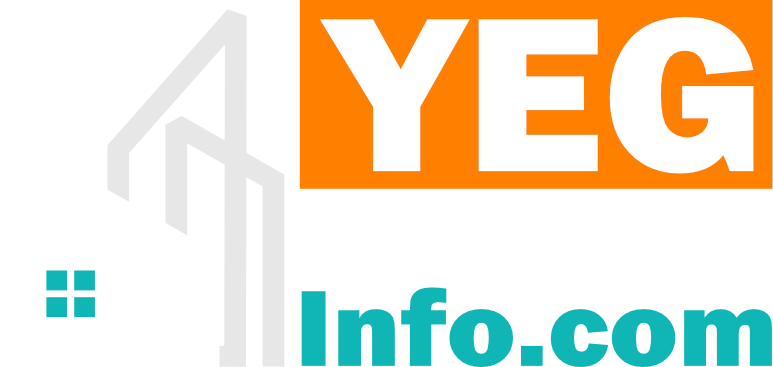Disclaimer: The following is intended as a guideline only. Specific numbers or details may have changed. Please consult with your real estate specialist, lawyer, or mortgage specialist to confirm details.
Why use a mortgage broker?
- They have access to many lenders and mortgage products.
- They leverage their negotiating power to get you the best possible mortgage.
- They offer independent and unbiased advice.
- They have a duty to act in your best interests.
- Their services are typically free.
What is the Home Buyers’ Plan (HBP)?
The Home Buyers’ Plan is a federal government program that allows new home buyers to use up to $25,000.00 from his/her own RRSP. It’s essentially an interest-free loan.
Qualifications:
- You must not have owned a principal residence within the last 5 years.
- You must intend to occupy your home as a principal residence.
- Minimum repayment is 15 equal annual instalments. This schedule can be accelerated.
- The funds to be withdrawn must have been invested into the RRSP for a minimum of 90 days prior to withdrawal.
- You must complete a T1036 Form.
Do I qualify for the 5% down payment program?
A 5% down payment is a high ratio mortgage, which means you must be insured by CMHC or Genworth.
Qualifications:
- The home must be located in Canada and is to be used as your principal residence.
- You have at least 5% of the purchase price of the home (either from your own resources, borrowed from a line of credit, or gifted funds) to be used as a down payment.
- You must be able to cover closing costs equivalent to at least 1.5% of the purchase price. This is in addition to the 5% down payment.
- You meet the lender’s criteria regarding income, employment and credit worthiness.
What should I expect for closing costs?
Closing costs are approximately 1.5% of the Purchase Price. The following are approximate costs a typical transaction incurs:
- Appraisal Fee: $200
- CMHC Fee (if applicable): $165
- Survey Certificate (if applicable): $250
- Home Inspection: $400
- Legal Fees (approx): $1000
- Title Insurance: ($250-$400)
- Tax Adjustment (if applicable)
- Interest Adjustment (if applicable)
- Property Transfer Tax (if applicable)
What is property transfer tax and do I have to pay it?
This tax is charged by the Provincial Government and is collected by your lawyer at closing. Each Province varies as to the amount, but it’s usually a percentage of the purchase price.
What type of income proof do I have to provide?
The key criteria is proving to the lender that you have enough leftover income after you have paid for living expenses and outside debt commitments to live comfortably. The higher your Loan to Value Ratio (LVR), the higher risk you are deemed to be to the lender. LVR compares the mortgage amount to the purchase price of the home.
The following is a summary of what lenders require depending on what type of job you have.
Salaried employees
- Job Letter: Verification is made on company letterhead, signed by the appropriate individual (an immediate supervisor or HR). If you are a recent hire, the letter should confirm that probation period has passed. Bonuses, car allowances and other forms of remuneration should be mentioned, if applicable.
- Pay Stubs: Many lenders will also require your most recent pay stubs.
Hourly employees
- Pay Stubs: Showing year-to-date income verification.
- T4s and/or Personal Tax Returns.
- Notice of Assessment (NOA): Most recent NOA to confirm no taxes owed.
Commission income
- T4’s and/or Personal Tax Returns: 2 years required on average.
- Job Letter: Confirming position.
- Notice of Assessment (NOA): Optional depending on Lender.
- Income from commissions must be demonstrated to be consistent and reasonably foreseen to continue in the future.
Self-employed
- Financial Statements of Company: 2 years average of net income required. Depending on lender policies, the add-back of various personal expenses through the company may or may not be allowed (i.e. Depreciation, Amortization, Capital Cost Allowance).
- NOAs (Personal Notice of Assessments).
- Personal Tax Returns (T1 Generals showing personal net income).
Overtime
- May be used as long as there is a proven track record (2 year’s evidence of T-4’s).
Bonuses
- Once again, a 2 year track record is required.
Part-time job
- Should be in place for a couple of years before using the additional income.
Tips
- Generally not recognized unless declared for tax purposes.
Car allowances
- This varies from lender to lender.
Alimony and support
- Evidence that payments have been made regularly and a copy of divorce agreement is required.
Investment income
- Must be received continuously: This source of income is limited to interest, dividends or some type of ongoing revenue. Capital gains, which result from the liquidation of an asset, is a one-time occurrence and cannot be used.
Contact me to jumpstart the mortgage process and begin shopping for a home with confidence. Whether you’re financing a new home, refinancing or looking for a home equity loan, I can find the right associate for you.
To better under understand the process of preparing a mortgage Click Here.
